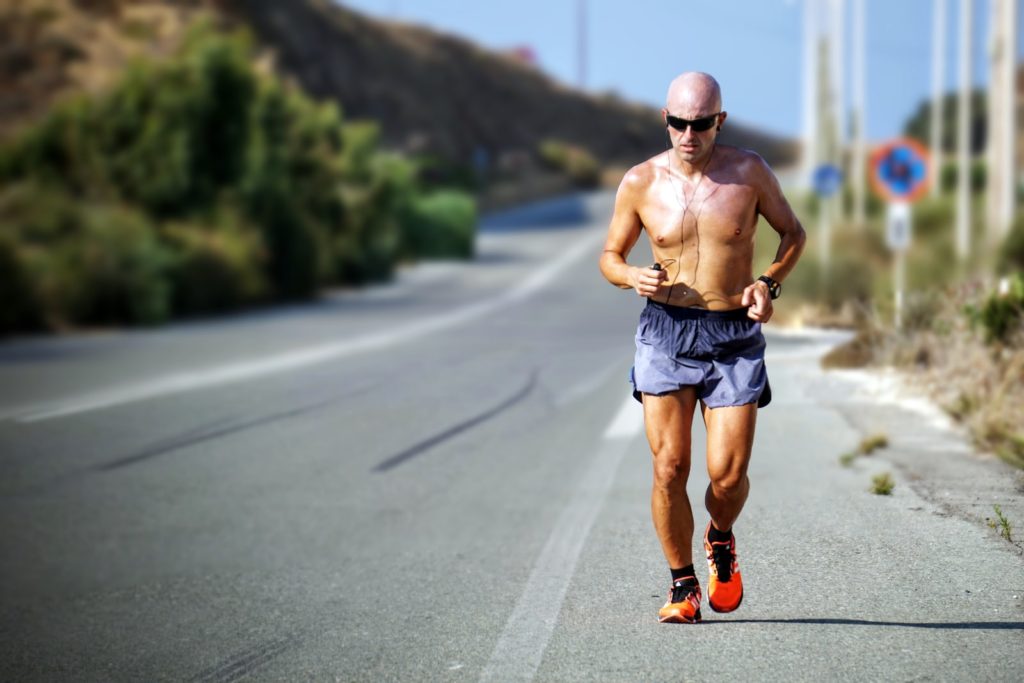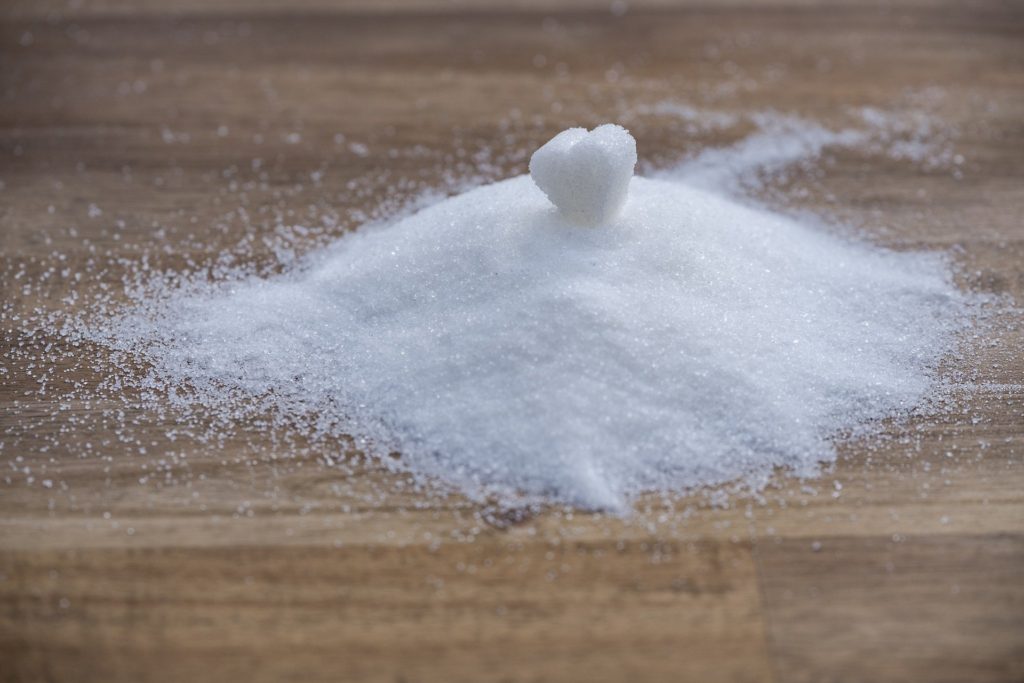The rise in three-digit temperatures is becoming a regular part of daily life. Here’s how to stay healthy in a changing climate.
If you live in the United States, you may have already experienced ‘extreme heat’ — or weather that’s far hotter and more humid than historic norms. ‘Extreme heat’ has been dubbed the weather condition in which temperatures exceed the usual range by at least three standard deviations.
Over the past weekend, the National Weather Service issued heat advisories or warnings for over 100 million Americans across the United States, warning of dangerous and unprecedented heat conditions.
In Austin, Texas, where the city has experienced 44 days of blistering heat, it was reported that this summer would be the hottest ever. Likewise, in Boston, Massachusetts, the temperature soared to 100 °F, shattering previous record highs.
The United Kingdom set a new record for the hottest day ever, when the temperature rose to 104.5 degrees Fahrenheit.
According to experts, these extreme heat events are beginning to become the norm, requiring people to begin learning how to cope with longer heat waves that may last the rest of the summer and into the future.
The most lethal kind of extreme weather over the last 30 years has been extreme heat.
The reason is that people have made poor energy choices, which has resulted in climate change-induced extreme heat. We will be forced to confront this issue for the foreseeable future.
Kim Knowlton, DrPH, an assistant clinical professor of environmental health sciences at Columbia University, agrees that poor energy choices lead to global warming-induced extreme heat.
With each passing day, the consequences of climate change become more severe.
Here’s what you need to know about the risks of intense heat and how you can alter your lifestyle to stay secure.
Why is extreme heat so dangerous?
Extreme heat may not always destroy infrastructure in a matter of minutes — in the same way a significant hurricane or flood might — but it can still kill thousands of people.
Dr. Ashwini Sehgal, a bioethics professor at Case Western Reserve University School of Medicine, warns that extreme heat can cause serious health problems, including severe dehydration and heat stroke.
When the body temperature rises, people’s bodies start to shut down. This results in brain damage, heart damage, kidney damage, or muscle damage, as explained by Health. Dr Sehgal said:
Thousands of deaths every year in the United States are attributed to extreme heat.
According to Dr. Sehgal, the Environmental Protection Agency (EPA) supports his claim.
More than 1,300 deaths in the United States each year are attributed to excessive heat, according to the EPA. From 1999 to 2010, over 8,000 heat-related fatalities were reported in the United States, 72% of which were caused by exposure to excessive heat, according to the Centers for Disease Control and Prevention (CDC).
When the body fails to disperse heat or maintain the core cool, your core temperature rises.
The body tries to cool itself by pumping blood to the skin’s surface to get rid of the heat.
Knowlton explained that although failing to cool down sufficiently can cause heat exhaustion, swelling, muscle cramps, and fainting, it is more common for people to not cool down enough and become sick.
More than 65,000 people annually seek emergency care for these heat-related illnesses in the United States, on average.
That’s why it’s really important to know how to stay safe in the heat.
Heat waves are also accompanied by a big rise in deaths from other causes, such as cardiovascular and respiratory diseases, because the higher temperatures put a lot of strain on organ systems, Knowlton said.
Older people are the most susceptible to heat problems and account for the majority of heat-related fatalities because aging weakens the heart and lungs.
Keeping Safe During The Heat
If you are unexpectedly facing intense heat waves, especially lengthy, intense heat waves, you should alter your regular physical activities and habits.
To adapt to climate shifts, plan activities for cooler periods of the day, such as early mornings and late evenings.
Extreme heat can harm even healthy young athletes, Knowlton said, so every activity, whether indoor or outdoor, should be evaluated when extreme heat strikes.
It is wise for everyone to take careful precautions because not every household, school, or workplace has air conditioning.
You should also scale back the quantity or intensity of certain exercises and activities during extreme heat in order to maintain your routines, but also to prevent harm from the higher temperature, Jan Carney, MD, MPH, says.
How To Stay Safe In the Heat?
- Drink more water.
- Stay in the shade.
- Wear sunglasses and sun-protecting hats.
- Wear light, sweat-wicking, athletic clothing.
- Wear sunscreen.
- Don’t create a campfire.
- Avoid eating heavy foods.
- Try to stay indoors.
According to Dr. Carney, the most critical thing people can do to prepare for extreme heat is to make a plan beforehand, and to learn how to identify heat-related symptoms and what to do if they occur.
It’s vitally important to be familiar with the symptoms of heat illness, which include heat cramps, heat exhaustion, and heat stroke, Dr. Carney said.
If you or your loved ones require assistance, seek it out.
Stay hydrated and cool until the temperatures drop. Also, make sure to check on your pets and neighbors frequently.
Heat Management Without Compromising the Environment
While experts agree that climate change is responsible for heat waves, staying healthy during soaring temperatures, if possible, can also be a good idea. According to Dr. Carney and Kuljit Kapur, DO, chief medical officer for Transitions Care MD, these are some ways to maintain your health and safety, if you choose not to turn on the AC.
Long-term Adaptation to Extreme Heat Is Happening
Since climate change isn’t going away, the heat isn’t going away, making it increasingly important for individuals to learn how to cope with long periods of excessive heat.
By staying healthy, exercising regularly, and eating the healthiest foods, we can help maintain our body’s natural thermal regulation, according to Knowlton.
In addition to tracking extreme cold in your location, you should also track extreme heat.
The CDC operates a Heat & Health Tracker platform that provides local information about the heat conditions where you live so that you may better prepare and respond.
The tracker allows you to investigate how the heat affects your county, and it even offers resources to help respond to heat events.
You will need to gain access to resources like these and educate yourself about heat and health in general throughout your life.
“A lot of good information is available on how to keep cool and reduce your risk of heat exhaustion and other serious problems,” says Senior Meteorologist Brett Anderson of AccuWeather.
According to Anderson, people may wish to consider future alterations to their homes to keep them cool if they live in areas that don’t usually require air conditioning during the summer.
Planting more trees that can shade the house, as well as adding a new roof in a lighter colour, which reflects more of the sun’s energy than darker surfaces, are both good options.
Local governments can help residents, infrastructure, and systems reduce their vulnerability to heat, according to the EPA.
According to the EPA, increasing the number of green spaces and planting more trees can provide much-needed shade during extreme heat events at the community level.
Electricity systems are also less vulnerable to disruptions and stress during heat waves, the EPA says.
Governments can implement energy-efficient measures to reduce disruptions and stress on electricity systems, the EPA says. Cities may also use cooling roofs or pavements to decrease high temperatures in urban areas.
Governments & citizens can take more effective steps to help reduce the impact of future heat waves by establishing early warning systems and urban cooling centers.
The largest action we can take — in addition to all of these heat adaptations — is to advocate for using cleaner, non-polluting renewable energy sources such as wind and solar, so that we aren’t pumping more heat-trapping pollution into the world’s atmosphere,” Knowlton said.
- How to Make a Layer Cake at Home - June 1, 2023
- Can You Still Lose Weight If You Aren’t in Ketosis? - February 8, 2023
- Can the Keto Diet Help With Depression? - February 8, 2023




